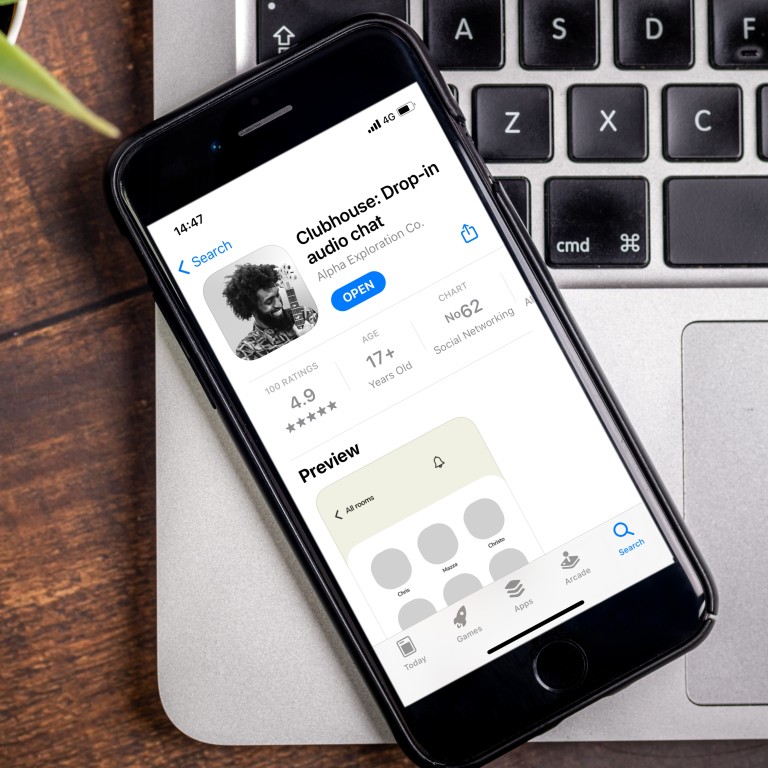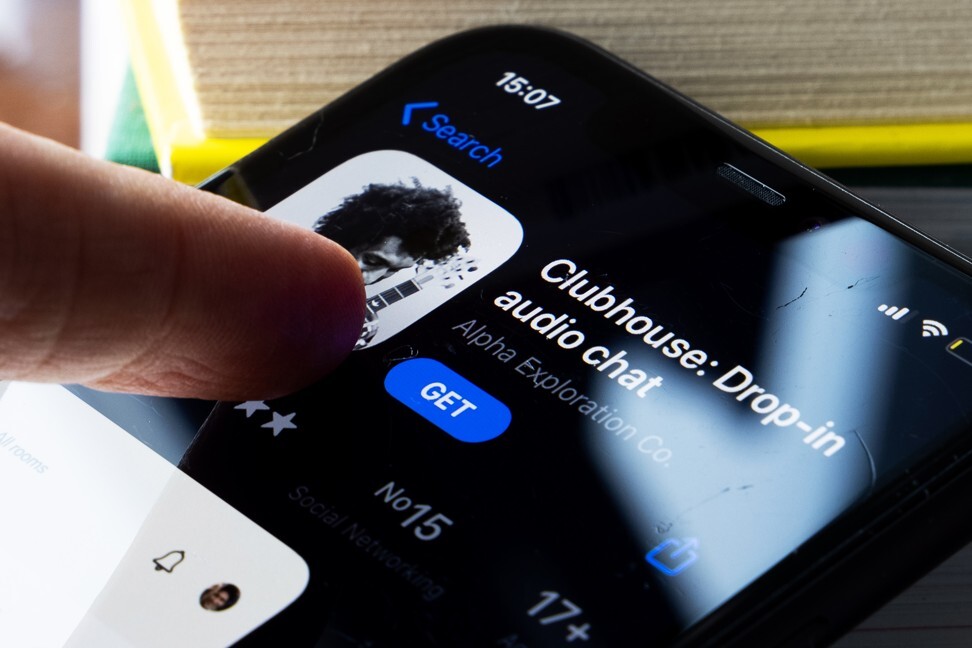
Audio-chat app Clubhouse inaccessible in mainland China after increased political discussions
- Users on the mainland are unable to connect to the servers of Clubhouse and can only access the service through a virtual private network
- The app’s inaccessibility followed the proliferation of online discussions about sensitive political topics like the Hong Kong protests
Users in China have complained online that they are unable to connect to the servers of Clubhouse and can only access the service through a virtual private network.
The main page of the app now displays a red banner that reads: “An SSL error has occurred and a security connection to the server cannot be made.”
Users have also reported that they are not able to receive verification codes via mainland China mobile phone numbers.
Clubhouse did not immediately reply to an inquiry for comment on Monday.

While Clubhouse remains an invitation-only app on iOS devices like the iPhone, it has been lauded as the hottest new social networking app in Silicon Valley since Snapchat.
The blocked service on Monday may have realised the worst fears of Clubhouse’s mainland users, who have been freely talking about various sensitive topics, including the Hong Kong protests and Xinjiang re-education camps, on the audio-chat platform.
Clubhouse tempts censorship in China as users debate Hong Kong, Xinjiang
Before many celebrities joined Clubhouse, the service was mostly used by curious project managers from internet companies as well as business executives. Chinese entrepreneur-turned-celebrity Luo Yonghao, who has 1.7 million followers on China’s microblogging site Weibo, has joined Clubhouse, too.
There has been speculation about how the Clubhouse service could develop on the mainland. Clubhouse could become a place for one-sided views of “anti-communism, anti-establishment and anti-China” talks because the high barrier of using the service has kept the Chinese general public out of discussions on the platform, according to a Weibo post on Saturday by Ren Yi, an online opinion leader known as Rabbit Chairman.

